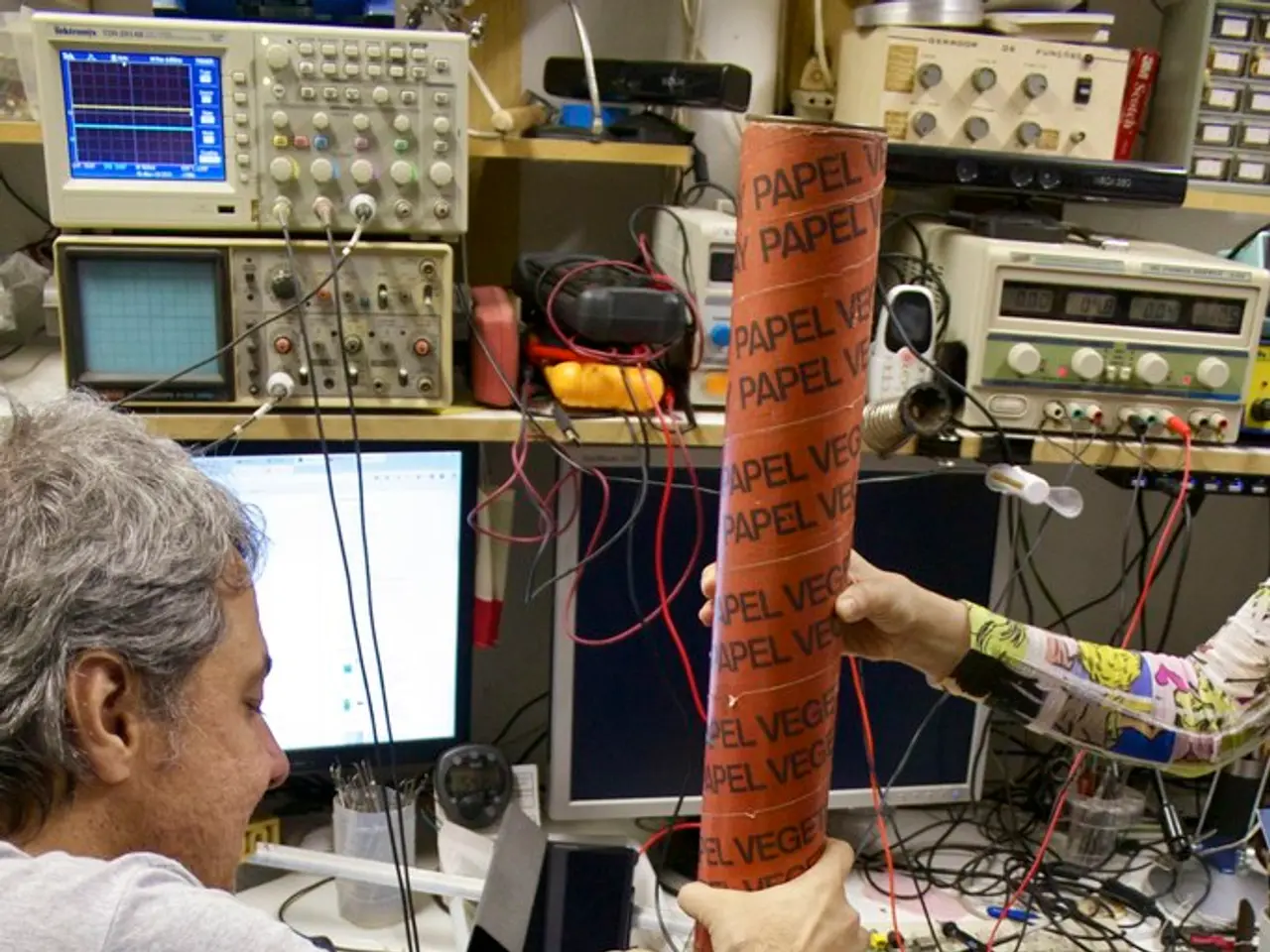The Reason Behind the Restlessness in Individuals with ADHD
In the world of Attention Deficit Hyperactivity Disorder (ADHD), the simple act of sitting still can present a significant challenge. A recent study suggests that for individuals with ADHD, sitting still is often perceived as an "uninteresting task" compared to more active pursuits.
This aversion to stillness is rooted in the understimulating nature of the act. People with ADHD may experience a visceral lack of stimulation when required to sit still, leading to feelings of restlessness and discomfort. As a result, they often resort to subconscious reactions like fidgeting or seeking opportunities to move around, such as getting a drink of water or going to the bathroom.
Fidgeting, a common behaviour for those with ADHD, can actually serve a purpose. Research has shown that fidgeting can help individuals with ADHD focus by providing a small dose of stimulation that helps regulate their attention and sensory input. This is particularly important in situations where the task at hand is uninteresting or understimulating.
However, the question of leaving one's seat in meetings or situations can bring up complex emotions for people with ADHD. Memories of boredom and feelings of being trapped can surface, making it difficult for them to remain seated for extended periods.
Interestingly, one of the six questions used to screen for ADHD is about leaving one's seat in meetings or situations where sitting is expected. This question serves as a useful indicator of the restless nature of ADHD and helps healthcare professionals identify those who may benefit from further assessment and support.
While the restless nature of ADHD can sometimes be perceived as a nuisance, it's important to remember that individuals with ADHD are simply wired differently. Their brains have a strong desire for reward and stimulation, making traditional, sedentary tasks more challenging for them to focus on.
In a surprising twist, studies have shown that people who fidget a lot are less likely to die. This could potentially be due to the fact that fidgeting helps regulate attention and sensory input, leading to improved overall health and well-being.
In conclusion, understanding the restless nature of ADHD is crucial in creating an inclusive and supportive environment for those affected by the condition. By acknowledging and accommodating their unique needs, we can help them thrive in a world that often demands stillness.








